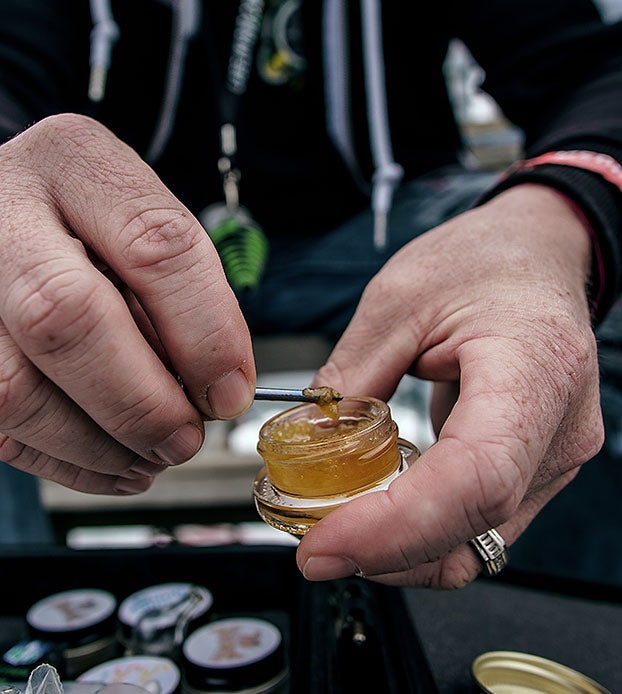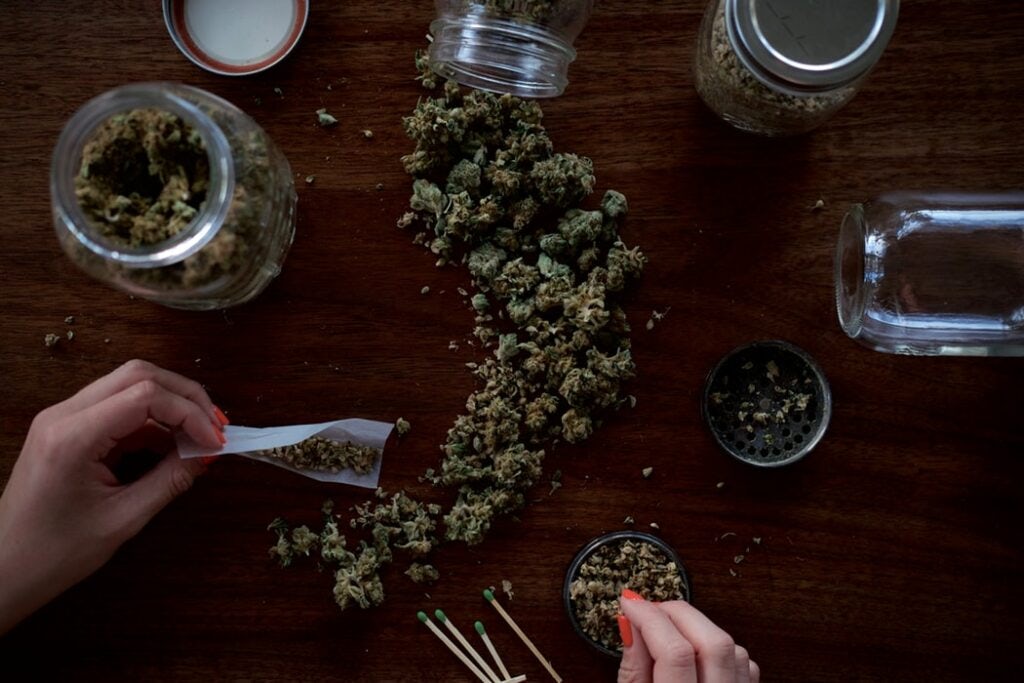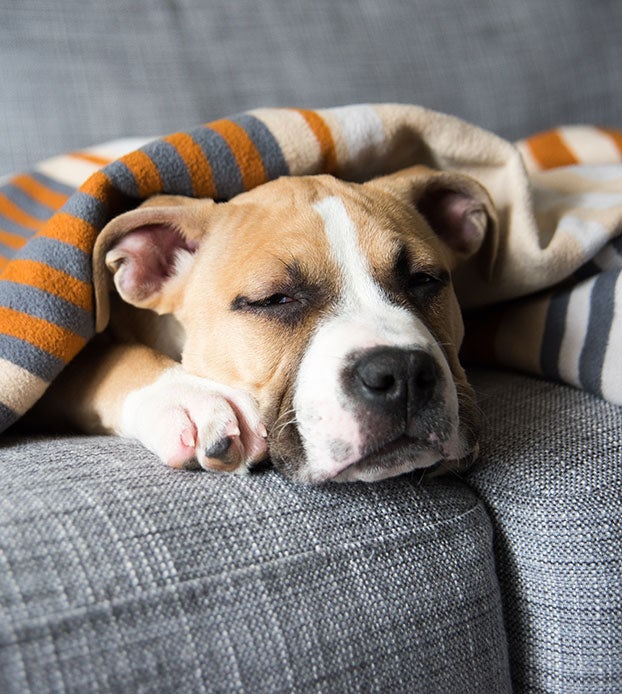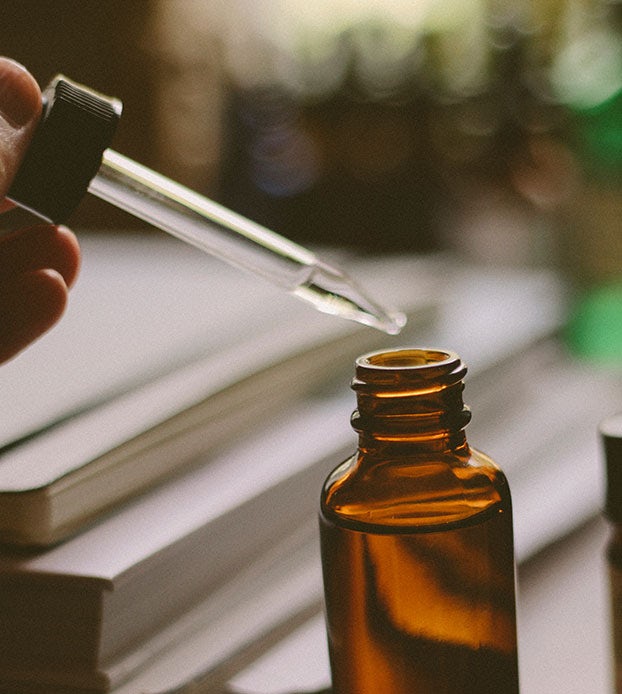Many CBD products include no cannabidiol or less than their labels indicate, further highlighting the need for better regulation of the industry, according to the findings of a study published in late May.
As part of the study, researchers purchased 25 various CBD products from retail vendors in Mississippi and had them tested in labs.
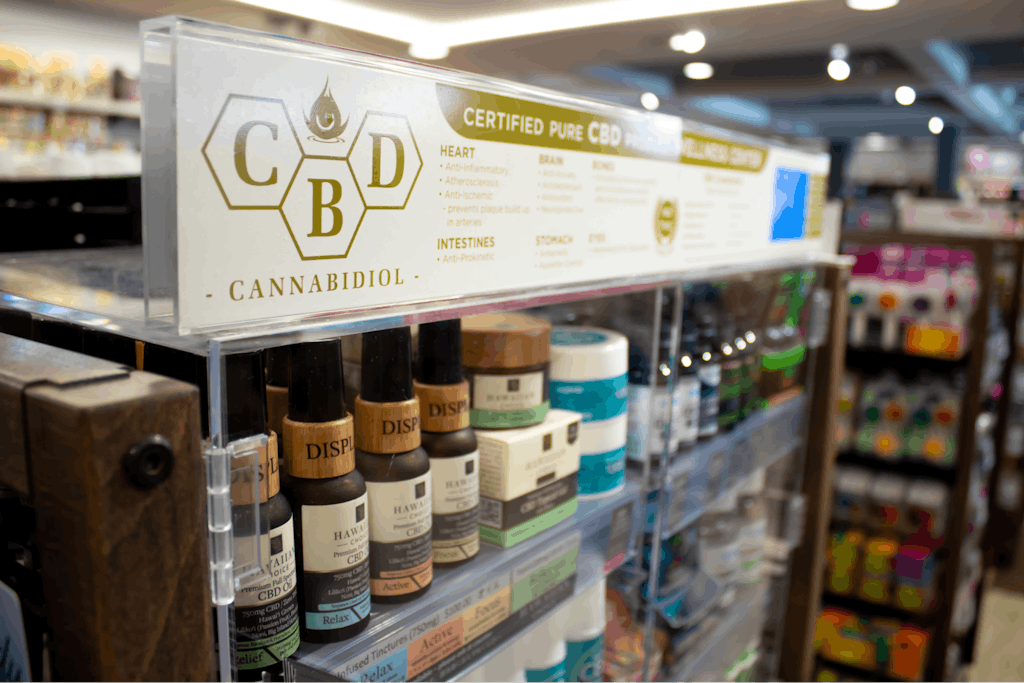
The researchers said the products were analyzed by GC/FID (Gas Chromatography with Flame Ionization Detection) and mass spectrometry to determine the amount of CBD and THC as well synthetic cannabinoids.
A number of the products had no CBD “while others contained significantly more than label claims.” Others were adulterated with potentially dangerous synthetic cannabinoids, which pose “a serious risk for adverse health effects,” according to the researchers.
CBD levels not even close to what the label claims
Out of the 25 products, only three had a level of CBD that was within 20% of the label claim, and only two were within 20% and had not been adulterated either with THC or synthetic cannabinoids. Thirteen of the samples — more than half of all those tested — had less than 50% of the amount of CBD claimed on the package.
The products included a mix of vapes and oils. Of the 25 products, 22 contained measurable quantities of CBD while three contained no phytocannabinoids whatsoever.
Five of the products — all of them liquids for electronic vapes — made no label claim whatsoever. In addition, five of the product labels did not include a manufacturer’s name or address and nine had no physical address or only a website address.
‘Inaccuracies appear to be the norm’
“Given the public’s seemingly insatiable appetite for all things CBD and the confusion surrounding its regulatory status, the stage has been set for the introduction of products onto the marketplace with questionable quality. The results of this small pilot study confirm that suspicion,” the researchers wrote in the study.
“In summary, labeling inaccuracies (over- or under-labeling) appear to be the norm for commercially available CBD products in the state of Mississippi,” the researchers stated, adding that “our findings argue strongly for further development of current good manufacturing practices for CBD-containing products and their stringent enforcement.”
The study also cites a 2017 article that examined the label accuracy of 84 CBD products purchased online, and found that 42.85% were under-labeled, 26.29% were over-labeled, and less than a third (30.95%) were accurately labeled. The study found that the most frequently mislabeled products were vaporization liquids. The researchers also found that THC was present in 18 of the 84 samples tested.
According to a recent industry survey, 22% of American respondents reported distrust in CBD product manufacturers.
Sign up for bi-weekly updates, packed full of cannabis education, recipes, and tips. Your inbox will love it.

 Shop
Shop Support
Support
